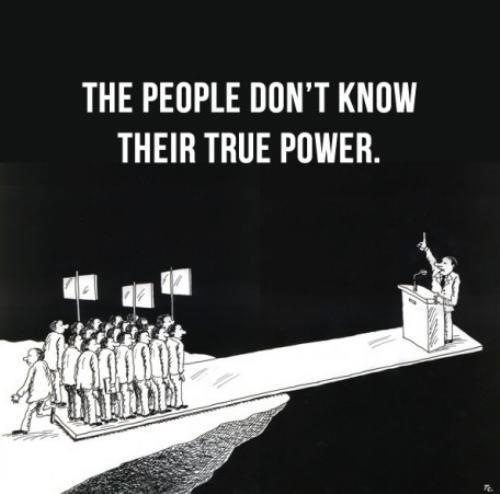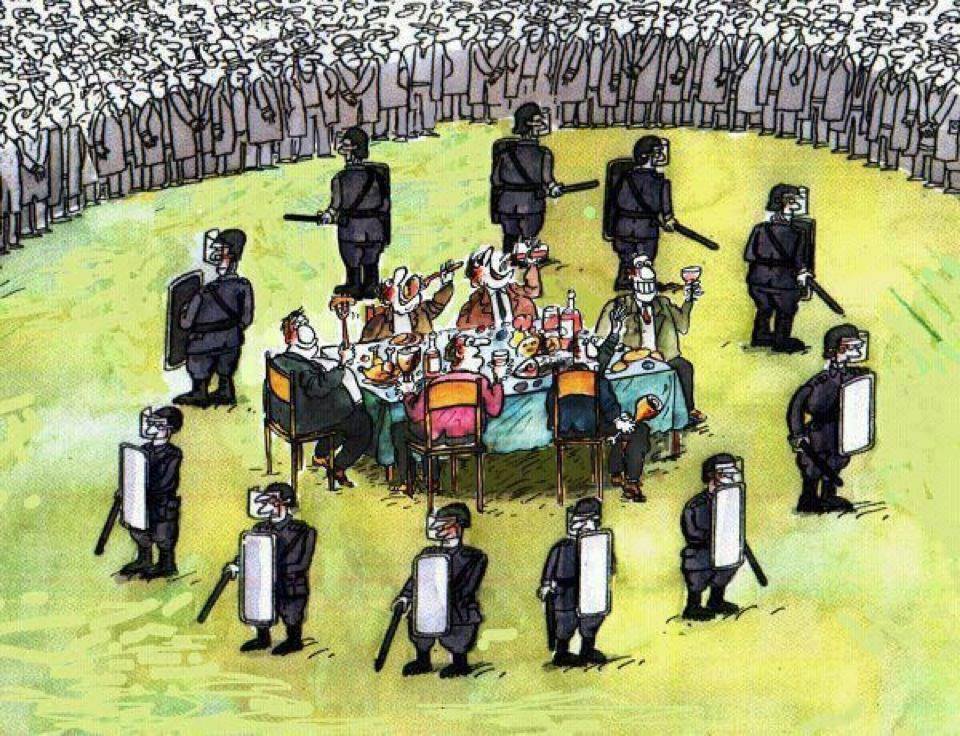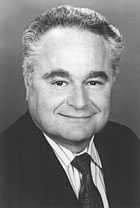Political Leadership
now browsing by tag
Comment on the Letter Answering to Foreign Media Outlet
Comment: reading the letter responding to the media outlet “The Nation of Thailand” by the spokesperson for Cambodia’s undersecretary of state Mr. Koy Kuong, has triggered my thought on the passive reaction or impassive responsiveness of the Cambodia’s political leadership. In school, I take for grant from all comments, feedbacks and critics to actively adopt, adjust and adjourn my presentation. The author has responded into small bullets to explain key point to the former article. Those bullets are clearly exhibiting the good intention of the later but visibly lacking diplomatic maturity and “macro political leadership”. For instance, the rebut on the verge of “Jasmine Spring” mentioned by the former, I think they referred to the turnout of voters to increase the seats of CNRP; but the rebut evidently reflected that the “Jasmine Spring” is the people power or mass demonstration to topple the incumbent leader.
Cambodian people free to choose for themselves
Special to The Nation September 4, 2013 1:00 am
In response to the article entitled “Cambodia: Sliding toward a ‘Jasmine Spring?’ by Lawrence Gundersen and Scott Mikalauskis, published on August 31:
First of all, after His Majesty Sultan Haji Hassanal Bolkiah of Brunei Darussalam, Cambodian Prime Minister Hun Sen is Asean’s longest-serving leader. He has been in office for so long due to the fact that the Cambodian people democratically elected him to power.
Second, how could Hun Sen and his political party have won the election on July 28 if his political base is simply “made up of the Lexus-owning class” of Cambodian society? To have won 68 out of 123 seats, an absolute majority in any democratic election, Hun Sen and his party certainly still have a broad base of political support. How could Gundersen and Mikalauskis have committed such a serious fallacy, unless they have lied or simply manipulated facts to serve their political agenda?
Third, with regard to the allegation that China “has been successful in using Cambodia to splinter ASEAN unity over the South China Sea”, I wish to remind you that Cambodia is not a “banana republic”. Cambodia is a sovereign and independent nation and a member of the United Nations, like the Kingdom of Thailand and the other 191 member states of the UN. No country, including China or the US, can use Cambodia to serve its political purpose.
Fourth, it is true that the joint communique (JC) of the ASEAN Foreign Ministers’ Meeting could not be issued last year. The reason was that two out of ten ASEAN member states had made their own respective claims to be included in the JC. Despite the efforts of Cambodia, as chair of ASEAN in 2012, to reach a political compromise in order for the JC to be released, there was no consensus. Therefore, it was the first time in the 45 years of ASEAN that two ASEAN members effectively blocked the issuance of the JC.
Fifth, it is normal in a democratic election process to see some technical irregularities. In the case of the US elections not many years ago, there were also electoral irregularities, which led to a ruling by the US Supreme Court. Therefore, if the US elections cannot be perfect, please do not impose a double standard on Cambodia. Cambodia has its own institutions, such as the National Election Committee (NEC) and the Constitutional Council (CC), which legally deal with electoral issues. Just last week, the CC ruled that electoral irregularities would not affect the results of the election.
Modern definition of the state and failed state in political leadership
Buddha preached that “Dhamma is the supremacy, Dhamma is the ultimate law; those who practice Dhamma shall prevail wisdom, peace and happiness”. Dhamma means truth, natural laws, or the rule of law. Aristotle pointed out that the law is very important to build a kingdom. Modern political scientist defined a country managed by the rule of law as the nation-state or the state.
According to Aristotle, the development of political leadership has evolved into three distinctive phases: one, few and many. One refers to the ancient empire which was managed by one powerful leader and the leader is called Kingship ក្សត្រាធិរាជ; the leadership style is tyranny or absolute. Few refers to the nation which has been managed by few outstanding leaders and those leaders are within the effect of aristocracy វណ្ណះអភិជន; the leadership style is oligarchy អប្បជនាធិបតេយ្យ. Many refers to modern era of enlightenment which is governed by the people and Aristotle called it “the polity” ទំរង់រដ្ឋាភិបាល; the leadership style is democracy or mobocracy ប្រជាធិបតេយ្យ.
Political observer on the change of political leadership describe the “pragmatic” has produced political result of democracy or it is vaguely called “first world country”; the “ideological” has produced political result of communist or it is vaguely called “second world country”; the “revolutionary” has produced political result of “independence” from colony or foreign occupation or it is vaguely called “third world country”.
However, the evolution to become the state and the definition of the state itself have been broadly debated by the political scientists. They concur that the term “state” itself has been vague, very subjective, unrealistic, unpractical and academically disagreeable. State cannot be useful if it has no neighborhood community, family network and individual participation. Society is the crucial factor of the state or we can argue that without society, state will not be existed. Modern political scientists such as Mitchell Timothy, Evan Peter and Migdal Joel have argued that state and society is inseparable. Hence, between state and society, which come first? What is the concrete bridge to bond these two actors? Again, individual is the state and the law is the link to enable state and society coexist within modern context.
Political Leadership: Oksenburg’s Theory and Mine
Vision is a very significant composition for leaders. Leaders who lead without vision is like a blind man walking in a dense jungle. Visionary leaders should exercise their vision in a right way rather than only having the vision in mind. But when we link to a lust for power and absolute ruthlessness quoted by Oksenburg, it is hard for me to assume what type of vision this leader should cultivate. However, I still stand on a right vision as the most important part for leaders before they prepare for the game of a lust for power and absolute ruthlessness.
Our transitional modern world moved forward tremendously with egalitarianism dominant of idea and change. This new coming trend tends to monopolize socioeconomics, politics, language, philosophy and culture in our social movements. There are large flows of convergence as well as new emerge of challenging divergence. In socioeconomic, there are larger scales of investing owned by one or two giant companies transnationally implemented. International political arena is gradually binding firmly together such as European Union or Southeast Asia plus three etc. Language is absolutely becoming one standard in communication with all aliens; and we can say English is presently universal tongue. Philosophy would be thoughtful focusing on humanitarian, sharing, toleration and empathy. This insightful thought inevitably treads on the way of moderation, negotiation and middle path. Culture seems to be less diverse that it becomes a new figure embodying the third culture product in which people create from their understanding and respect. The above few social compositions exhibit the convergence rather than divergence, but it is just the waves of flow and we cannot fathom the silent movement beneath those flooding waves.
This new emerge fascinatedly requires political leadership to handle and reframe it. For political leadership in here, politically corrected, I don’t mean to refer to those political professionals, but to those responsible leaders.
Oksenburg, who was specialist in China and former president of East West Center, laid out some idealistic formulations on leaders and leadership that include:
- A lot of lust for power
- Absolute ruthlessness
- Vision
- Many followers
The above concepts, Oksenburg intentionally referred to Chinese leaders only. But as we can see from our observation, these four concepts should characterize every leader regardless of their geography, tendency or power nature. However, some of them are my favor and some are not.
A lot of lust for power would be good if that power is legitimately gained and productively implemented. This reflects the abilities to compete fairly in the game of power with others. Those who win with unwholesome tactics, their power would be inescapably retaining hostility and becoming future lame in their leadership sphere. Furthermore, when they gain power they will absolutely utilize it to control or jeopardize opponents. Their power is naturally absolute in the political stage which always leads to totalitarianism. So speaking directly without having judgmental sense, Oksenburg intended to tell us that leaders should have a lust for power in a fair game.














